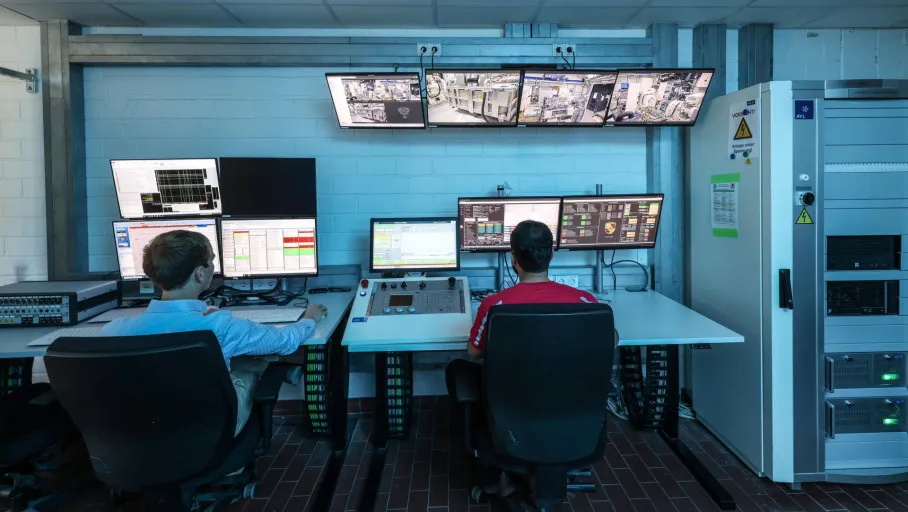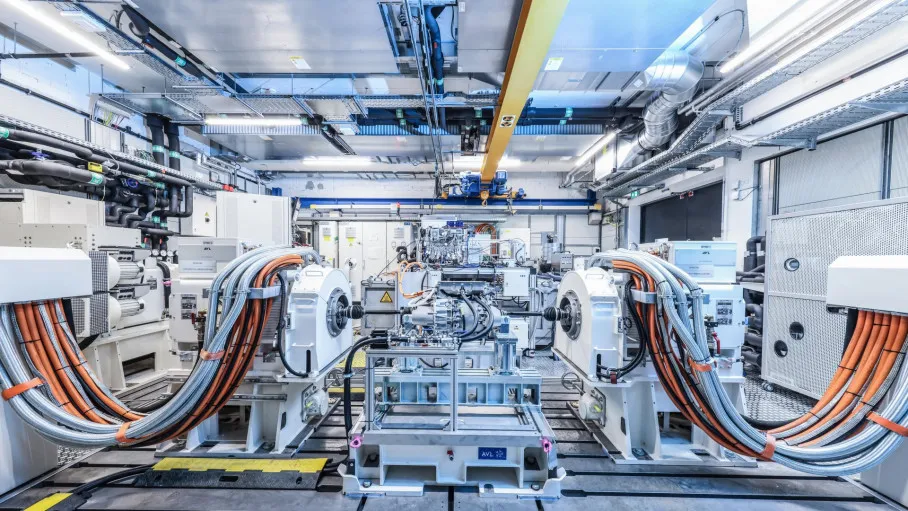Cayenne Testing Under Extreme Conditions – Real and Virtual
When it comes to developing an all-new electric SUV, Porsche is leaving no stone unturned. The upcoming Cayenne Electric is not just another step forward for the brand—it’s a leap into a future where virtual engineering and real-world testing blend seamlessly.
Porsche has taken a bold approach with this project: instead of building countless physical prototypes, the development process relied heavily on digital models. Engineers sent virtual Cayenne prototypes on simulated test drives long before a single car hit the road. These simulations—powered by AI, advanced computing, and decades of Porsche’s testing expertise—helped speed up development and reduce resource use.
Virtual Innovation Meets Real Testing
In Weissach, Porsche engineers have created digitized test routes ranging from everyday city traffic to the infamous Nürburgring. Using VR, they could test components in digital form, adjust them quickly, and refine them without building entire cars. A new composite test bench allowed systems like the drive, battery, and charging units to be tested together under real-world loads. Engineers could even simulate asphalt surfaces, tire slip, and extreme road conditions.
But even the most advanced digital twin can’t replace human instinct. That’s why Porsche engineers still push the Cayenne Electric prototypes to their limits in reality—on race tracks, city streets, off-road terrain, and under the harshest climates on Earth.
Testing in the Harshest Environments
The Cayenne Electric has been subjected to extremes most drivers will never encounter. In the scorching heat of the Middle East and Death Valley, the SUV’s cooling and climate systems are tested at 50°C. Meanwhile, in frozen Scandinavia, it must prove itself in -35°C, enduring cold starts, icy roads, and frozen charging conditions.
In both climates, Porsche insists on one thing: the Cayenne must always be ready for fast charging, regardless of how it was driven before. Even traffic jams are accounted for in its energy management systems.
The Human Factor
While simulations have grown astonishingly precise—so accurate that deviations between digital and real test results are minimal—final tuning still depends on human test drivers. Their experience ensures the Cayenne balances performance, comfort, and safety across every environment, from racetracks to daily commutes.
Efficiency and Precision in Development
The blend of digital innovation and real-world validation has made the Cayenne Electric’s development faster and leaner. Porsche reports a 20% reduction in development time compared to traditional methods, all while consuming fewer resources.
As the Cayenne Electric prepares for its world premiere later this year, Porsche has shown how the future of automotive engineering combines the power of virtual development with the irreplaceable instincts of human testing. The result promises to be an SUV that’s not only powerful and efficient, but also tested to perfection in every imaginable condition.
If you’re a car enthusiast in Dubai or looking for premium vehicles, the Porsche Cayenne—whether hybrid, combustion, or soon fully electric—remains one of the most desirable SUVs on the market. To explore used cars in Dubai including Porsche models, visit Auto Trader UAE, the trusted marketplace for buying and selling cars.







